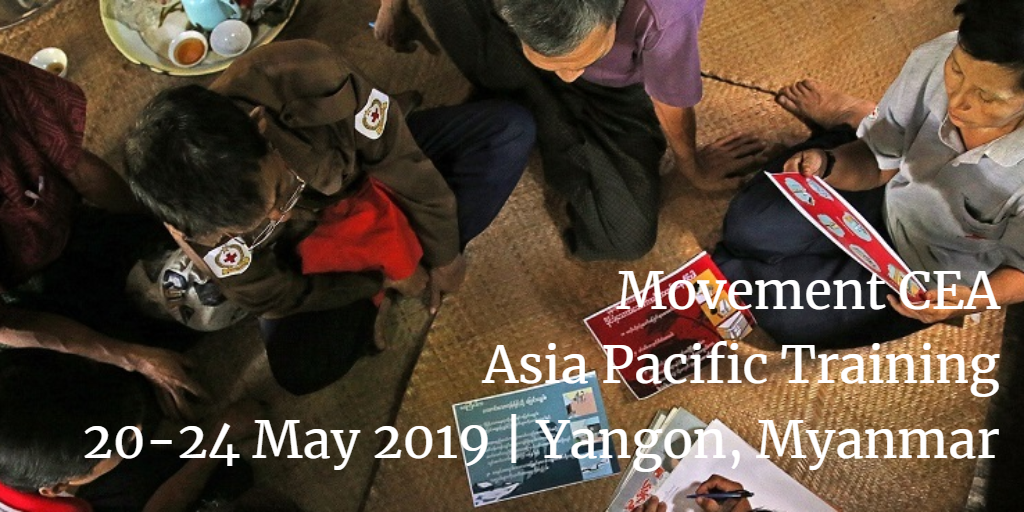Today Community Engagement and Accountability (CEA) is a key value of the International Red Cross and Red Crescent Movement which is reflected in its programmatic approach and several commitments of the ICRC, IFRC (including the Principles and Rules for Red Cross and Red Crescent Humanitarian Assistance and the General Assembly Beneficiary Communication Resolution DD/6.4/1) and National Societies. In addition, the Movement has committed to more systematic and better documented approaches to communicating, engaging with and being accountable to the vulnerable people we support through pledges made in the context of the Grand Bargain.
As a Movement, we want to be more systematic in the way we communicate with communities, to listen proactively and include them in decisions that affect their lives, as well as create spaces where their voices are heard and acted upon. The need to improve the approach to CEA is also magnified by the rapidly changing humanitarian landscape, technological innovations and changes in how people communicate and connect, developments that empower communities to demand greater transparency and participation.
Training Rational
In February 2017, the Community Engagement and Accountability (CEA) Pilot Guide, including a set of tools and templates, that provide Movement partners with adaptable and practical guidance on ways to integrate CEA approaches into any programme or operation. The ambition is to strengthen IFRC, ICRC and National Societies’ capacity to:
- provide accessible, timely, relevant and actionable life-saving information, promote better understanding of people’s perceptions and behaviours and sustain changes over time,
- promote two-way communication, participation and feedback to listen and address people’s needs, concerns, feedback and complaints as well as foster an environment of greater, engagement, trust and accountability,
- leverage on relevant social mediums and connectivity that can best reach and engage the communities.
- create spaces for communities to speak out and make their voices heard to influence decision making.
![]()


